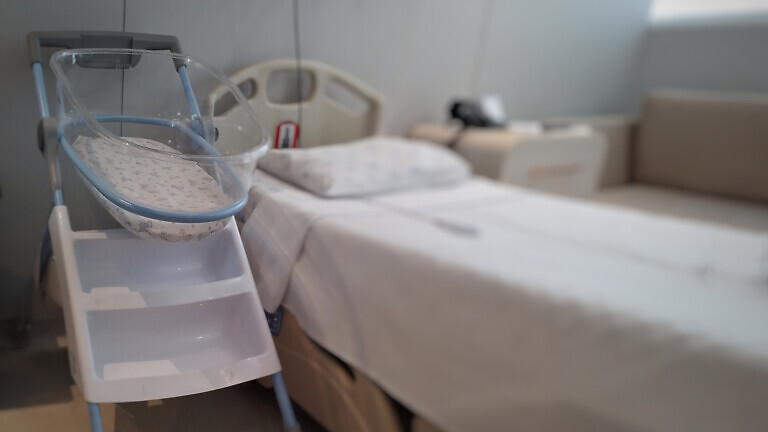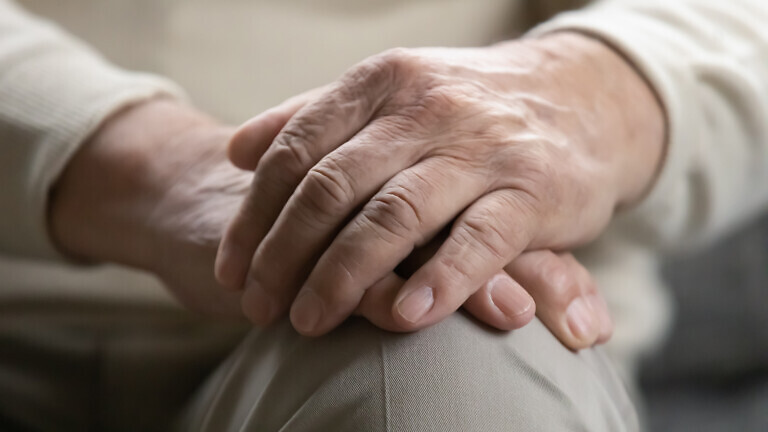Univa and First Steps ED have launched a primary care eating disorder pilot to provide more accessible support and reduce the need for escalation to specialist services.
Digital health company Univa and eating disorder charity First Steps ED have launched a primary care pilot that will deliver faster support for young people with early-stage eating disorders.
The pilot will use the Univa Care Platform, the first digital programme in NHS eating disorder services to support both patient and carer at the same time. Families can choose between a digital-first intervention they can start straight away, or blended care that combines the digital programme with extra clinical sessions from First Steps ED.
“Primary care is where families turn first, but it has never had a scalable solution for eating disorders,” said Rich Andrews, chief executive and co-founder of Univa.
“The Univa Care Platform changes that. By giving both young people and carers their own tailored pathways, and by offering a choice between digital-first and blended support, we are creating a model that is personal, immediate and proven,” he added.
Embedded in primary care
Eating disorders are among the fastest-growing mental health conditions in the UK. Acute hospital admissions for girls aged 11–15 have risen by 514% in the past decade, while in 2023, fewer than half of young people referred to specialist services were able to access treatment. The rise is not limited to women – between 2015 and 2021, hospital admissions for boys and young men increased by 128%. The Royal College of Psychiatrists’ 2024 review pointed out that child and adolescent eating disorder services have never met NHS waiting time standards and remain unable to keep pace with demand.
This one-year NHS-aligned pilot will be embedded directly into primary care, the first point of contact for most families, giving GPs, local care teams and schools access to a new digital model of early intervention. By shifting support upstream, the pilot aims not only to improve outcomes and symptoms for young people but also to reduce waiting times, prevent escalation into crisis, and relieve pressure on overstretched secondary care services. It is backed by six NHS Primary Care Networks in Hertfordshire: Stort Valley and Villages, Hitchin and Whitwell, Harpenden Health, Abbey Health, Alban Healthcare and HaLo St Albans.



